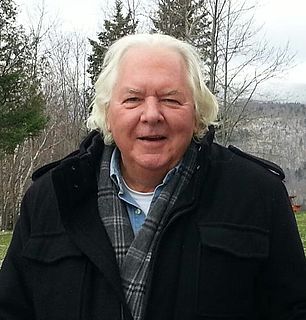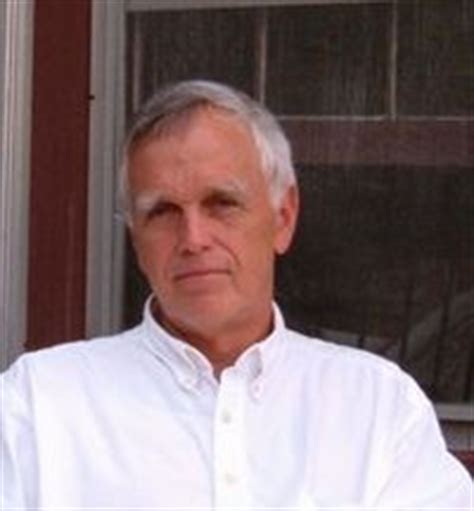A Quote by Carl Sagan
Our ancestors lived out of doors. They were as familiar with the night sky as most of us are with our favorite television programs.
Related Quotes
Before we invented civilization our ancestors lived mainly in the open out under the sky. Before we devised artificial lights and atmospheric pollution and modern forms of nocturnal entertainment we watched the stars. There were practical calendar reasons of course but there was more to it than that. Even today the most jaded city dweller can be unexpectedly moved upon encountering a clear night sky studded with thousands of twinkling stars. When it happens to me after all these years it still takes my breath away.
Our ancestors are looking for us even if we're not looking for them. And by our ancestors I mean our bloodlines and the ancestors of the place where we live and our spiritual kin who go beyond our biological families. We could be walking around carrying an entire ancestral history of the wrong kind for us.
The Islamic State does not want us to open our doors to their refugees. It wants them to be hopeless and desperate. It does not want us to enjoy ourselves with our families and friends in bars and concert halls, stadiums and restaurants. It wants us to huddle in our houses, within our own social groups, and close our doors in fear.
For an economy built to last we must invest in what will fuel us for generations to come. This is our history - from the Transcontinental Railroad to the Hoover Dam, to the dredging of our ports and building of our most historic bridges - our American ancestors prioritized growth and investment in our nation's infrastructure.
In childhood our credulity serves us well. It helps us to pack, with extraordinary rapidity, our skulls full of the wisdom of our parents and our ancestors. But if we don't grow out of it in the fullness of time, our ... nature makes us a sitting target for astrologers, mediums, gurus, evangelists, and quacks. We need to replace the automatic credulity of childhood with the constructive skepticism of adult science.
There is an obvious evolutionary explanation for the scarcity of altruistic saints: Without a strong predilection for their own interests, our ancestors would have been unlikely to survive, reproduce, and give their own offspring a chance of doing the same. Now conditions have changed and for most of us, surviving and reproducing isn't such a struggle but we still carry the genes of our ancestors and they influence - not determine, but influence - our behavior.
Philosophy, beginning in wonder, as Plato and Aristotle said, is able to fancy everything different from what it is. It sees the familiar as if it were strange, and the strange as if it were familiar. It can take things up and lay them down again. It rouses us from our native dogmatic slumber and breaks up our caked prejudices.



































